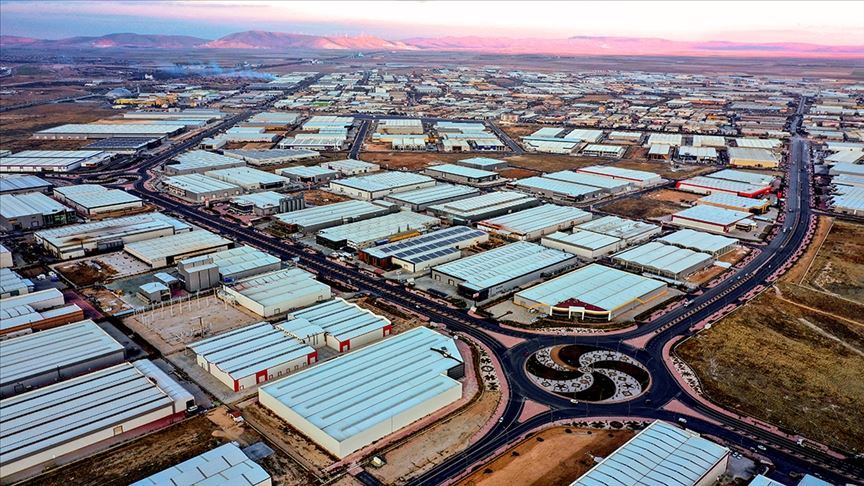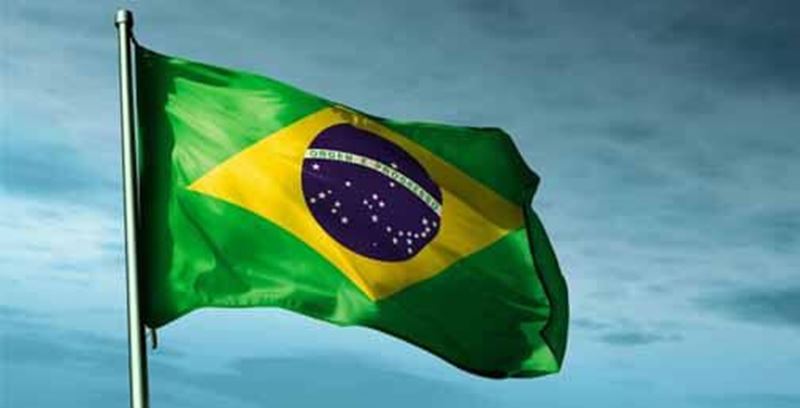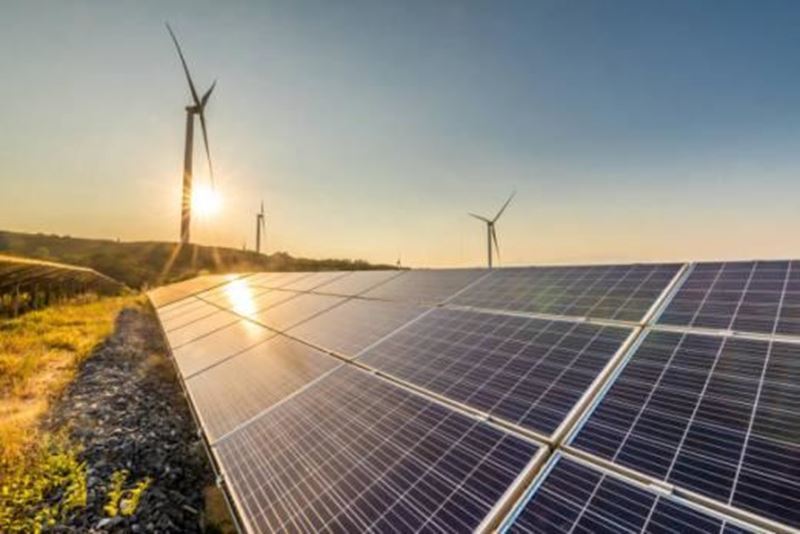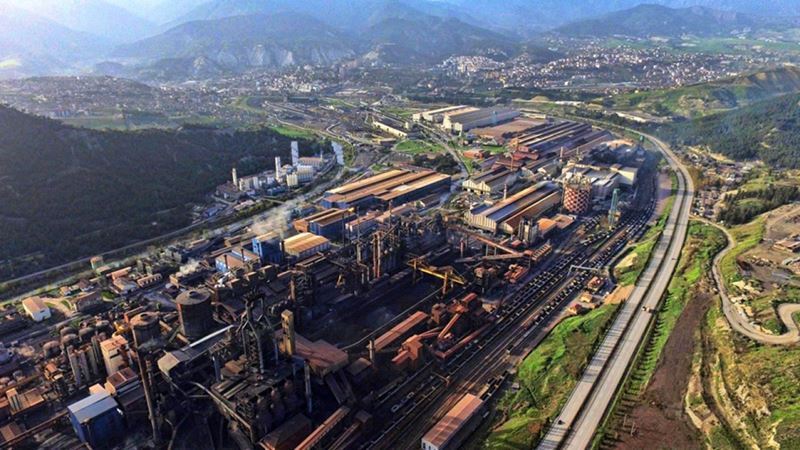Within the scope of Turkey's green economy targets, the efforts to implement green organized industrial zones (OIZ) and industrial zones will be completed and the certification system for these zones will be implemented.
The "Green Reconciliation Action Plan" was published by the Ministry of Commerce, which is a roadmap that aims to ensure Turkey's adaptation to the climate change policies that have gained momentum in recent years and that will strengthen export competitiveness.
Accordingly, the green transformation of the industry and the development of the circular economy in the country will be ensured. Within the framework of the circular economy, priority sectors will be determined and detailed impact and needs analysis studies will be carried out for the sectors. In this context, the National Circular Economy Action Plan will be prepared. The plan will also set technical criteria for the use of recycled secondary products and materials.
It is also aimed to complete the studies for the implementation of green OIZs and green industrial zones. The certification system for these regions will be implemented, and the relevant legislation will be prepared.
The Environmental Label System will be expanded and new criteria will be determined in this area.
Cleaner production legislation will be updated in the textile and leather sectors where water consumption is high. Pilot OSB applications will be made in order to test the applicability of the determined techniques. Sectors will be trained in these areas.
Companies, especially SMEs, will be informed about the environmental label and waste management, and the level of awareness and awareness of the relevant sectors will be increased.
In order to evaluate the environmental impacts of the products and services produced, a National Life Cycle Database will be developed that reflects the country's conditions on the basis of raw materials, processes and emissions.
Technologies that will support green production in the country will be determined and developed. For this purpose, a working group will be established that will include universities, public research centers and institutes, potential manufacturer and technology developer company representatives, academics and representatives of public institutions. Within the scope of the studies, support and incentive proposals on green technologies will be prepared. R&D projects on green technology will contribute to the formation of green transformation infrastructure.
A National Sustainable Consumption and Production Action Plan will be prepared. In this context, sectors specific to food, fisheries and agriculture, housing and construction, consumer products manufacturing and tourism will be studied.
With the sustainable use of water in production and consumption, the reuse of waste water will be improved. The proposed reuse alternatives for waste water treatment plant effluent and water returning from agriculture will be implemented by municipalities and relevant institutions. A National Master Plan for Water Reuse will be prepared. In this context, the reuse rate of treated wastewater will be reported in the first quarter of each year. It is envisaged that the reuse rate of treated wastewater will reach 5 percent in 2023. Awareness will be raised in municipalities and OIZs regarding the reuse of treated wastewater.
The water footprint will be calculated
Studies will be carried out to evaluate Turkey's "water footprint" and sectoral water footprint will be calculated on a basin basis. Water resources used in production and consumption will be protected on a basin basis. Water use efficiency, including industrial processes, will be improved and companies, including SMEs, will be informed in this context.
Studies will be carried out on the use of remote sensing, sensors and informatics applications in the management of water resources. A "Digital Irrigation Management System" will be established to evaluate the data obtained by remote sensing method through R&D studies within the framework of irrigation, drought and yield estimation. In the basin-based plans, production plans will be made and traceability will be ensured, taking into account the water constraint.









Comments
No comment yet.